
Illustrative photo. (Photo: Le Dong/VNA)
From July 1, many new laws, decrees, circulars and legal policies in key areas such as tax, planning, e-commerce, agricultural credit, etc. will officially take effect, creating a new legal corridor for production-business activities and state management.
This is an important step in administrative reform, modernizing state management, and at the same time creating a more synchronous and transparent legal corridor for production and business activities.
Many new points in the Law on Value Added Tax
On November 26, 2024, the National Assembly passed the Law on Value Added Tax 2024, replacing the Law on Value Added Tax 2008. The new law takes effect from July 1 with many important amendments.
Some notable points include: Adjusting non-taxable objects (eliminating tax exemption for fertilizers, agricultural equipment, offshore fishing vessels, securities services); adding imported goods for charitable and relief purposes to the non-taxable list.
The price for calculating value added tax on imported goods will include: Import price plus taxes such as import tax, special consumption tax and environmental protection tax. In particular, promotional goods and services are taxed at 0%, creating convenience for businesses.
Regarding tax rates, some items will change from being tax-free to being subject to a 5% rate, such as fertilizers and fishing vessels; at the same time, many items currently subject to a 5% tax will increase to 10%.
The law also expands the conditions for tax deduction and refund, requiring non-cash payment documents for all transactions. Enterprises operating in the field subject to a 5% tax rate will be refunded if after 12 months they have not deducted the full VND300 million in input tax.
Strengthening technical safety management in mineral exploitation
Law on Geology and Minerals No. 54/2024/QH15, effective from July 1, supplements many regulations to enhance technical safety in mineral exploitation activities.
According to Article 60 of the Law, mines with high risks of unsafety must meet strict requirements: Operating personnel must have specialized training; mining equipment must be suitable for geological conditions and fire and explosion risks; and at the same time, arrange for a semi-professional emergency response force on site.
Strengthening discipline and transparency in urban and rural planning activities
Law on Urban and Rural Planning No. 47/2024/QH15, passed by the National Assembly on November 26, 2024 and effective from July 1.
The law clearly stipulates prohibited acts to tighten discipline in planning work, such as: Illegal interference in planning, intentionally providing false information or falsifying documents, destroying planning landmarks, and misusing support funds.
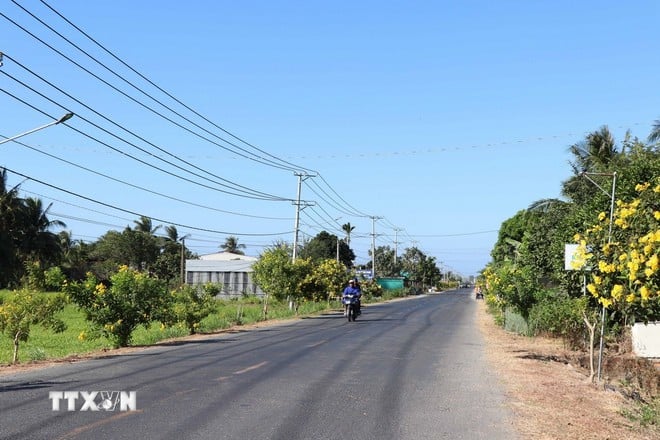
A notable new point is the detailed regulation on the content of zoning planning and detailed urban planning. In particular, economic and technical indicators, architectural space organization, housing arrangement, infrastructure, underground public works and environmental protection solutions are clearly defined.
In particular, within 15 days from the date the planning is approved, the contents must be publicly announced, except for the part that is a State secret. The announced contents include the approval decision, drawings, explanations and management regulations according to the planning.
Decentralization and delegation in tax management
On June 11, the Government issued Decree 122/2025/ND-CP detailing the decentralization and delegation of authority in the field of tax administration, effective from July 1.
The Decree clearly stipulates the responsibilities of all levels in managing tax declaration dossiers, the deadline for submission and the location for submission of dossiers. Accordingly, taxpayers do not have to re-submit documents that state agencies already have.
The contents of monthly, quarterly and annual tax declarations; cross-border profit reports; deadlines and places of submission will be guided in detail by the Ministry of Finance.
In addition, tax declaration for revenues such as land use fees, land rent, registration fees, tax declaration at multiple locations of operation, or via electronic transactions... are all specifically regulated in the appendices attached to the Decree.
Tightly manage e-commerce tax
Decree No. 117/2025/ND-CP of the Government regulating tax management for business activities on e-commerce platforms and digital platforms of households and individuals, effective from July 1, marks a new step forward in transparency in digital business tax collection.
E-commerce platforms will have to fulfill the obligation to deduct and pay value-added tax and personal income tax on behalf of households and individuals doing business on the platform.

The declaration forms and electronic tax payment procedures are clearly defined, and an automatic tax refund mechanism will be implemented, facilitating taxpayers and management agencies.
The new regulation will help increase fairness between traditional and e-commerce, prevent tax losses and protect consumer rights. Enterprises need to quickly update their business systems and integrate the tax payment function to fully comply with the regulations.
Expanding credit for agriculture and rural areas
Decree 156/2025/ND-CP of the Government on increasing the level of unsecured loans and reducing procedures for customers to borrow capital took effect from July 1 to adjust credit policies to serve agricultural and rural development.
This document adds many new points such as: Expanding the subjects of preferential loans, simplifying the appraisal process, allowing the use of future assets as collateral.
At the same time, encourage commercial banks and credit institutions to coordinate with localities to build a credit-production-consumption linkage model to ensure effective capital flow.
The new policy is expected to increase access to capital for rural people and businesses, promote digital transformation, high-tech agriculture and sustainable development of the "three rural areas."
Tighten standards for using public headquarters and facilities
Decree 155/2025/ND-CP on standards and norms for the use of public offices and public service establishments, effective from July 1, sets out specific criteria on area, number of offices, and scale of headquarters construction.
The goal is to ensure effective use of public assets, limit waste and enhance responsibility in construction investment using the budget.
Autonomous public service units must also report and seek approval before investing in expanding their headquarters. At the same time, the Government encourages the shared use or transfer of headquarters between agencies to save budget.
Standardizing promotional activities in commerce
Circular 39/2025/TT-BCT of the Ministry of Industry and Trade details the contents of promotions in the field of trade, officially taking effect from July 1, 2025.
The Circular limits the value of goods used for promotion to no more than 50% of the value of the main product, clearly stipulates the maximum discount level, and requires public disclosure of information on original prices and promotion levels.

The new regulation aims to prevent fake promotions, dumping, and price hikes before reductions, thereby protecting consumers and creating a healthier competitive environment for businesses.
Commercial businesses, especially in the retail and e-commerce industries, need to quickly adjust their promotional processes to comply with this regulation.
Use personal identification number instead of tax code
According to Circular No. 86/2024/TT-BTC of the Ministry of Finance, from July 1, business households, households and individuals who have been granted tax codes will officially use personal identification numbers instead, if the information matches the National Population Database.
This policy aims to simplify administrative procedures, facilitate the adjustment and supplementation of arising tax obligations and improve management efficiency. Tax authorities will unify the management of taxpayer and dependent data through personal identification numbers.
The application of new regulations from July 1 reflects the trend of administrative reform, increased digitalization and modernization of management in the financial-tax sector.
Enterprises, organizations and individuals need to proactively review processes and update information systems to ensure compliance and effective operation in the new period…/.
Source: https://baolangson.vn/hang-loat-chinh-sach-moi-lien-quan-den-kinh-te-co-hieu-luc-tu-ngay-1-7-5051419.html


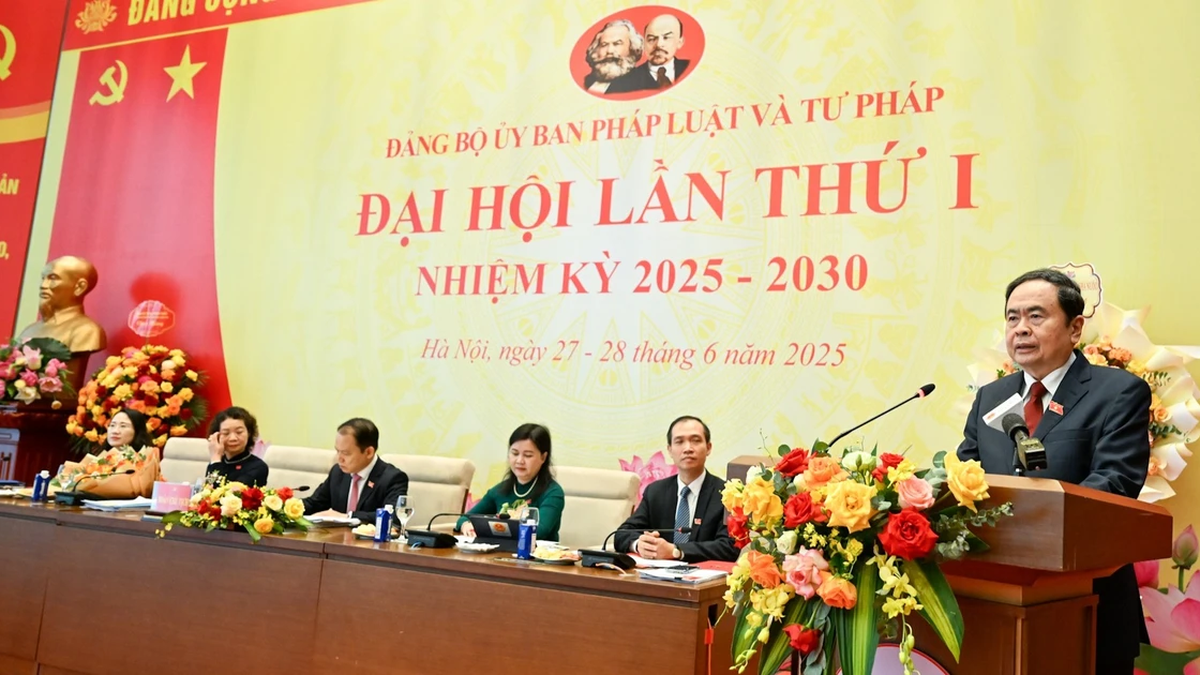









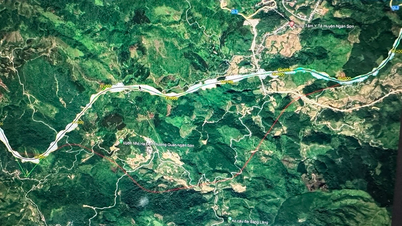

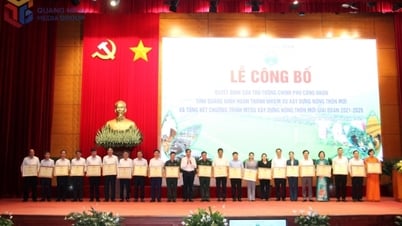









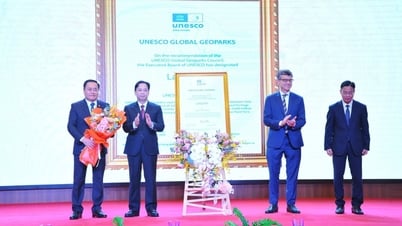


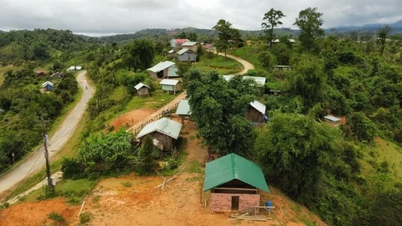

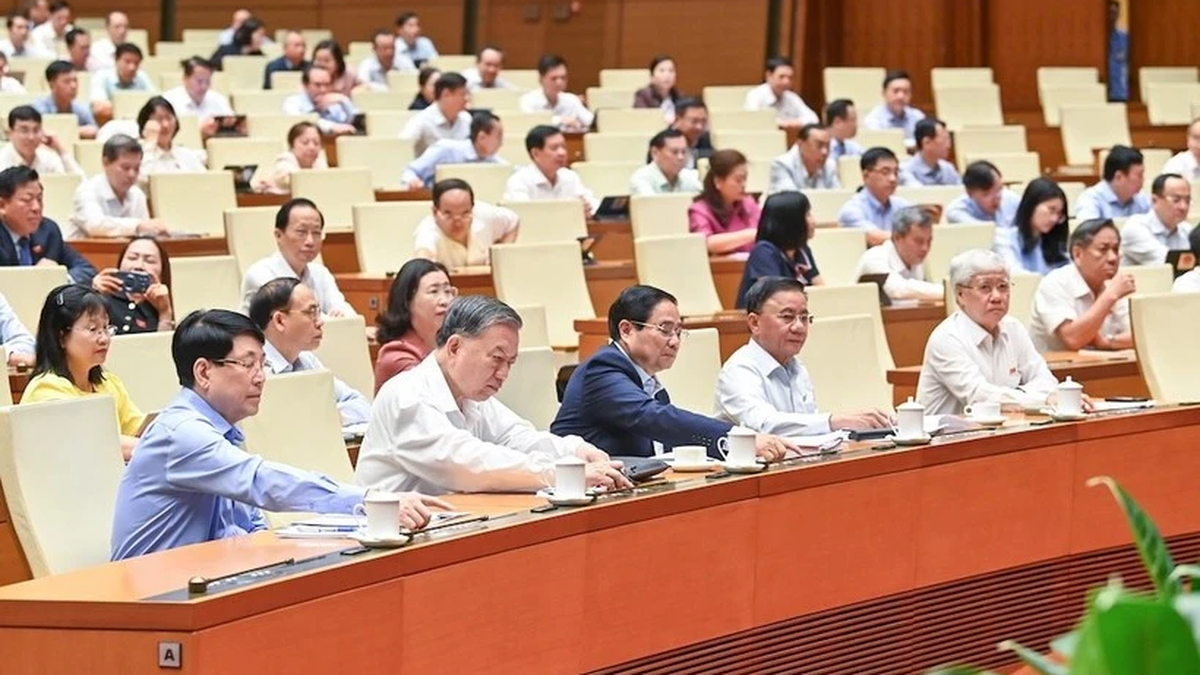








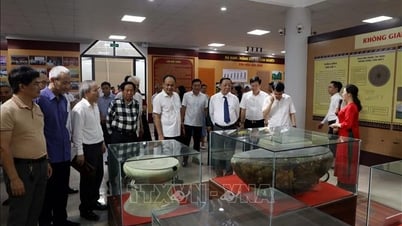

















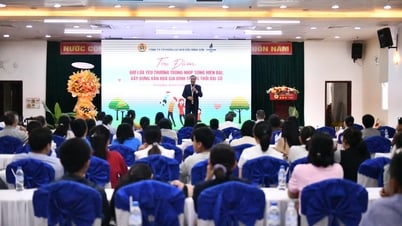










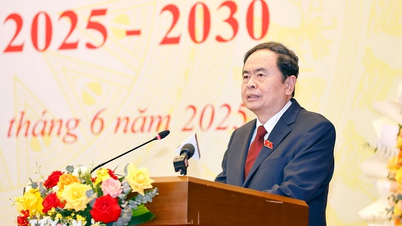



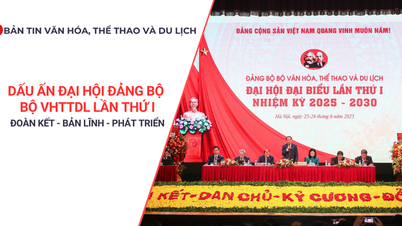


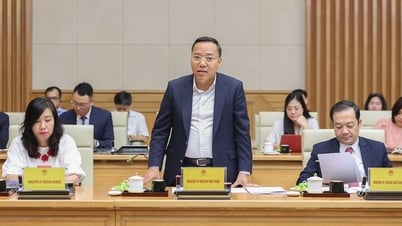


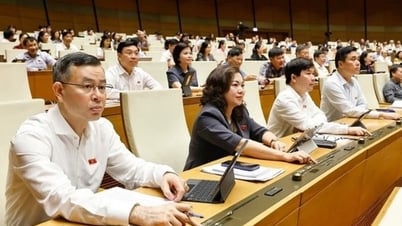



























Comment (0)